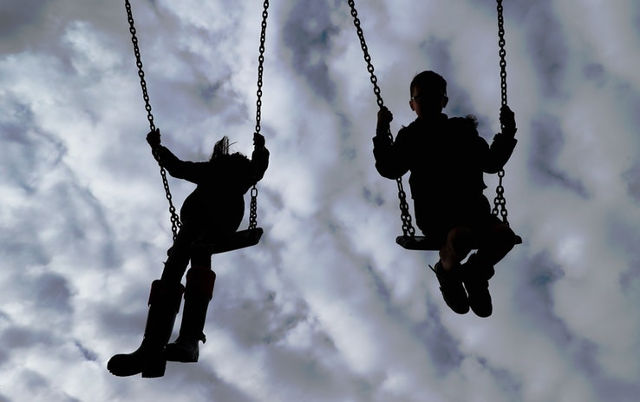The number of children in care on the Isle of Wight has fallen for the first time in four years, bucking the national trend.
Department for Education figures show that at the end of March, 226 children were being looked after by the local authority.
That’s down from 228 last year – a fall of 1%, and the first drop since 2014.
National picture
Prior to 2017, numbers on the Isle of Wight had been steadily increasing by an average of 6% a year.
But across England, the number of children in care has seen the biggest year-on-year increase in a decade, rising by 4% from 72,600 last year, to 75,400 this year.
A spokesperson for the NSPCC said:
“Taking children into care is never an easy decision. It is therefore vital that local authorities have the resources to work effectively with families to manage any risk so children can remain safely with their families.
“Once in care, local authorities must also be able to support these children through what can be a tumultuous experience to ensure they have the best possible outcomes.”
Less children being adopted
The number of children being adopted on the Isle of Wight has also fallen.
In 2017-18, 13 children were adopted from care, down from 16 the previous year.
Overall, adopted children made up just 16% of the children leaving care this year, with the remaining leavers returning to their parents, moving into independent accommodation or going to live with court-appointed guardians.
Nationally, the number of adoptions fell by 13%, from 4,370 in 2017 to 3,820 this year.
Why children might be in care
Children can enter care for a variety of reasons, including at the request of parents if they are unable to take care of the child themselves.
Unaccompanied asylum seekers and children at significant risk of harm are also placed in care.
A looked-after child could live with foster parents or in a children’s home, and the local authority has responsibility for their welfare, education and emotional wellbeing.
Children leave care automatically at 18, but the local council is required to provide support until they are 25.
They can also be returned to their parents if the court is satisfied with the arrangement, or adopted.
Zahawi: Working hard to improve the social care support
The Minister for Children and Families, Nadhim Zahawi, said:
“We want every child to be in a loving, stable home that’s right for them.
“In most cases, children are best looked after by their families and courts will only remove children as a last resort, when it is in the child’s best interests.
“But where a child cannot live at home, we must make sure they are safe and receive the highest quality care.
“That is why we are working hard to improve the social care support for children who through no fault of their own have been dealt a difficult hand in life.”
Article shared by Data Reporter as part of OnTheWight’s collaboration with Press Association and Urbs Media





